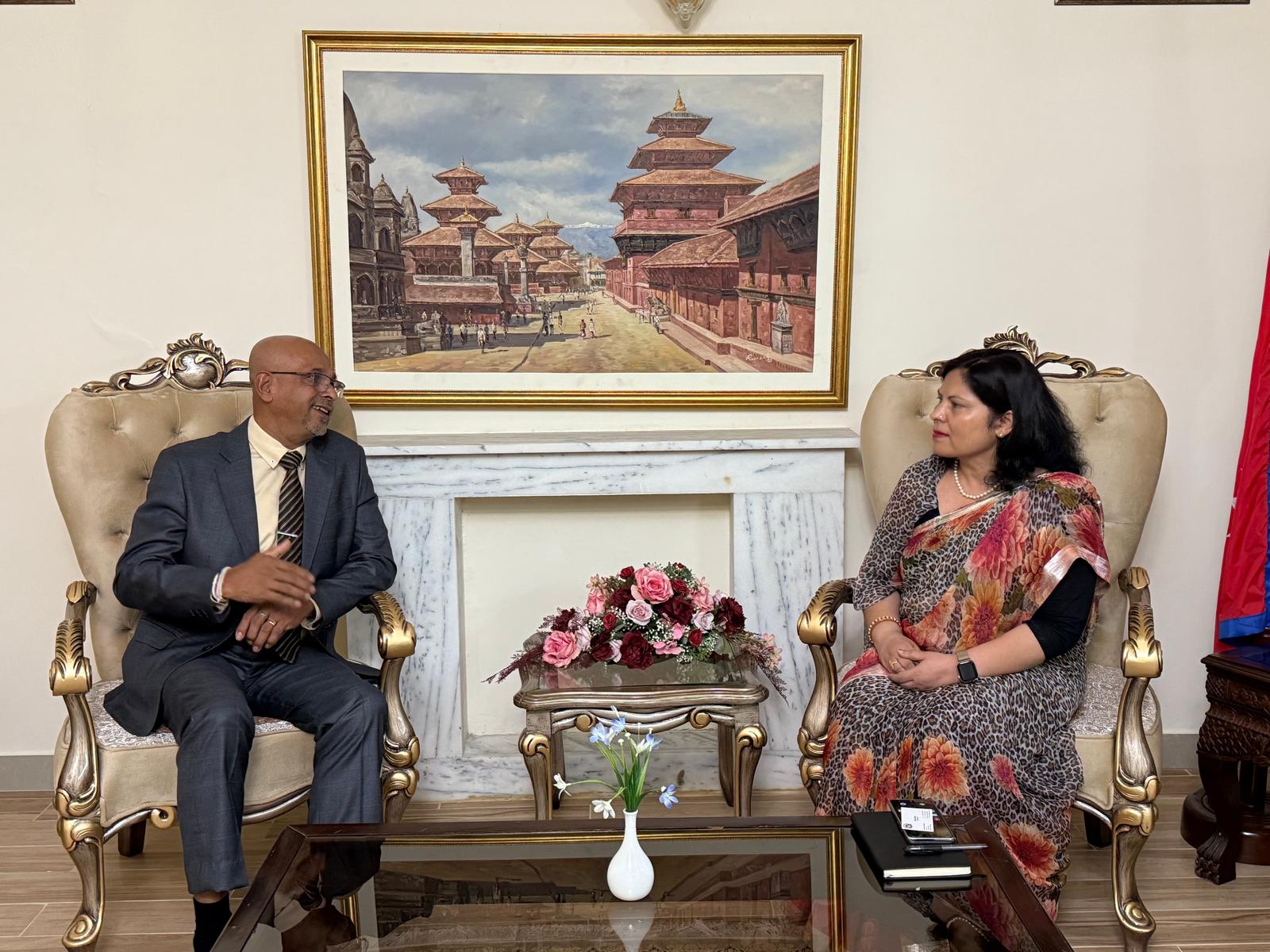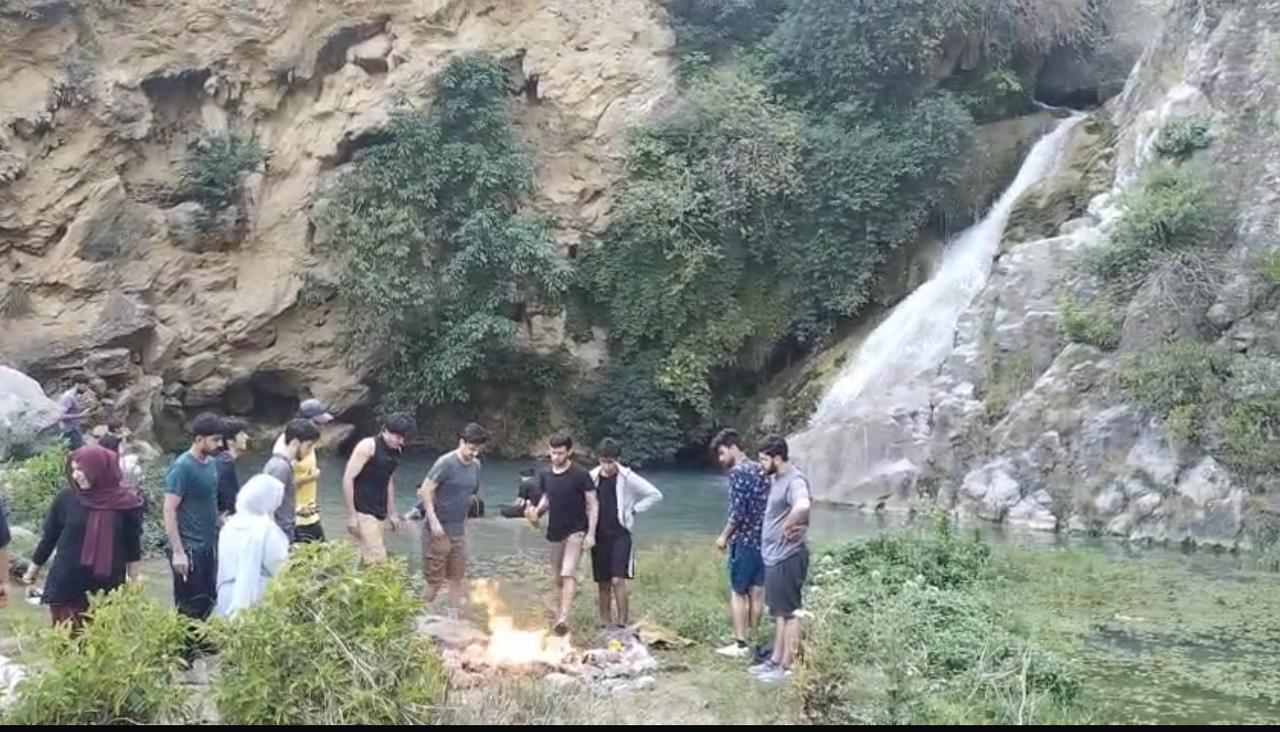ERDOGAN’S HISTORIC VISIT TO PAKISTAN MARKS A NEW ERA OF COOPERATION
Dr. Muhammad Shahzad Ashfaq
Post-Doctorate (Peace Education)
International Islamic University
Islamabad
The visit of Turkish President Tayyip Erdogan to Pakistan has marked a significant milestone in the diplomatic relations between the two nations. This visit has not only strengthened the bond between Turkey and Pakistan but has also opened up new avenues for cooperation in various sectors. The historic significance of this visit lies in the potential it holds for fostering greater collaboration in areas such as trade, defense, culture, and education.
Exploring the key outcomes of Erdogan’s visit to Pakistan, we can understand how this event has laid the foundation for a new era of cooperation between the two countries. One of the major outcomes of President Erdogan’s visit to Pakistan is the signing of several bilateral agreements aimed at boosting cooperation between the two nations. These agreements cover a wide range of areas including trade, defense, education, and cultural exchange. For instance, both countries have agreed to enhance their trade relations by exploring new opportunities for collaboration and increasing bilateral trade volume.
This signifies a mutual commitment to strengthen economic ties and promote investment in key sectors. In addition to trade agreements, the visit also focused on defense cooperation between Turkey and Pakistan. The two countries have a history of military collaboration, and Erdogan’s visit has further cemented their defense partnership. Joint military exercises, defense technology transfer, and intelligence sharing are some of the areas where Turkey and Pakistan are looking to deepen their cooperation. This not only enhances the security of both nations but also contributes to regional stability.
Furthermore, Erdogan’s visit has highlighted the importance of cultural exchange and educational collaboration between Turkey and Pakistan. The two countries share a rich cultural heritage. Turkey promote student exchange scholarships programs will provide further understanding and educational opportunities. Erdogan’s serves as a counterbalance to growing geopolitical tensions in South Asia. By strengthening ties with Pakistan, Turkey not only reinforces its position as a key player in Muslim-majority countries but also asserts its influence against rival powers. Increased military cooperation is particularly significant given the security challenges both nations face from terrorism and regional instability.
Turkey and Pakistan can strengthen their bond and create lasting friendships between their citizens. The visit of President Erdogan to Pakistan also underscores the strategic significance of the relationship between the two countries in the context of regional and global geopolitics. Turkey and Pakistan are both members of various international organizations and forums, such as the Organization of Islamic Cooperation (OIC) and the Economic Cooperation Organization (ECO). These organizations play a crucial role in promoting economic, political, and social cooperation among member states, aiming to enhance mutual understanding and collaboration.
The significance of Turkey and Pakistan’s membership in the OIC and ECO, exploring the impact of these alliances on their bilateral relations and the broader Muslim world. Turkey and Pakistan, as members of the OIC and ECO, have strengthened their ties through these international platforms. The geographic, historical, and cultural connections between the two countries have further solidified their partnership within these organizations.
The OIC serves as a significant platform for Islamic countries to address common challenges and promote cooperation, while the ECO focuses on enhancing economic integration and development among its member states. Turkey and Pakistan’s participation in these organizations highlights their commitment to fostering peace, stability, and prosperity in the Islamic world. One key aspect of Turkey and Pakistan’s membership in the OIC is their joint efforts to address issues facing the Muslim world.
The OIC enables both countries to collaborate on political, economic, and social issues of common concern, such as combating terrorism, promoting human rights, and resolving conflicts. For instance, Turkey and Pakistan have worked together within the OIC to support the Palestinian cause, advocate for the rights of Muslims in various regions, and enhance Islamic solidarity. Aligning their positions and strategies through the OIC, Turkey and Pakistan amplify their voices on the global stage and advance shared interests within the Muslim community.
Similarly, the ECO plays a crucial role in facilitating economic cooperation between Turkey and Pakistan and other member states in Central Asia and the Middle East. Working together and supporting each other on regional and global issues, Turkey and Pakistan can amplify their voices and leverage their collective strength in the international arena.
Erdogan’s historic visit of Pakistan has indeed accompanied a new era of cooperation between the two nations. Through the signing of bilateral agreements, the strengthening of defense ties, the promotion of cultural exchange, and the strategic alignment on regional and global issues, Turkey and Pakistan have demonstrated their commitment to deepening their relationship. This visit has laid the foundation for a stronger partnership that has the potential to bring about mutual benefits and contribute to the peace and prosperity of the region. The diplomatic engagement between Turkey and Pakistan represents a promising chapter in their bilateral relations, setting the stage for enhanced cooperation in the years to come.




